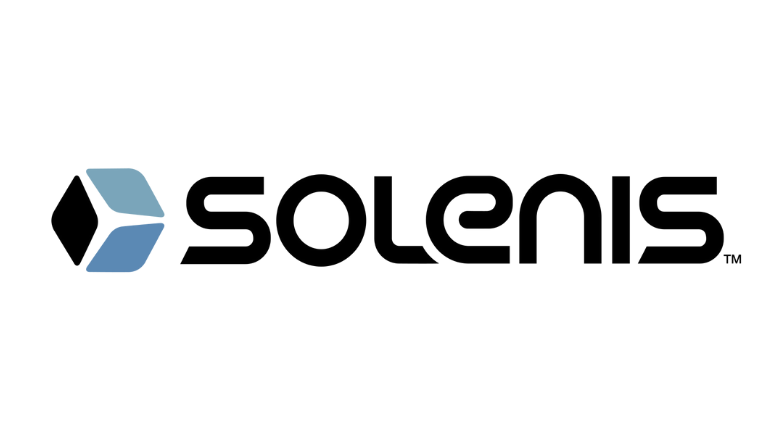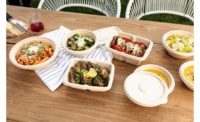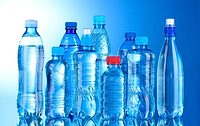BIZTRACKS
Sustainable, PFAS-Free Food Packaging Introduced by Zume and Solenis




Per- and polyfluoroalkyl substances (PFAS) are commonly-used chemicals in food packaging that are thought to have harmful environmental and health effects. The continued partnership between sustainability solutions company Zume and specialty chemical producer Solenis has resulted in the development of 100 percent PFAS-free molded fiber packaging.
PFAS are popular in single-use plastics and other packaging due to their ability to resist water and grease. Unfortunately, these chemicals do not degrade naturally and can leach into soil, potentially contaminating water sources. In addition to the issue of non-biodegradable pollution, PFAS compounds have been linked to health problems including cancer, intensifying the motivation to eliminate PFAS from food packaging.
Due to its affordability, Zume and Solenis hope that their new, comprehensive line of molded-fiber packaging will accelerate the food production industry’s switch to packaging that is free of PFAS and single-use plastic. Zume CEO Alex Garden asserts that the new line of packaging costs the same or less than plastic, eliminating one of the largest barriers to the use of sustainable food packaging thus far—economic viability.
The line of 100 percent PFAS-free molded-fiber packaging will include cups, bowls, plates, egg cartons, coffee cup lids, protein trays, and yogurt cups. ABB, a leading robotics company that integrates and installs Zume’s molded-fiber manufacturing cells (MFC), will ensure that this packaging line meets consumer standards such as grease resistance, spill-proof boxes, and snappable lids. ABB will also automate production to ensure that speedy and widespread adoption of sustainable packaging throughout the global supply chain is possible.
This announcement from Zume and Solenis follows nine months of research and development, as well as other efforts to encourage the food packaging industry to explore sustainable solutions. In August 2021, Zume and Solenis open-sourced their recipe for grease and water-resistant molded-fiber food packaging. With eight million metric tons of plastic ending up in oceans annually (40 percent of which is manufactured for packaging), Zume and Solenis hope that global packaging manufacturers will follow in the adoption of sustainable alternatives to PFAS and single-use plastic.
Looking for a reprint of this article?
From high-res PDFs to custom plaques, order your copy today!







